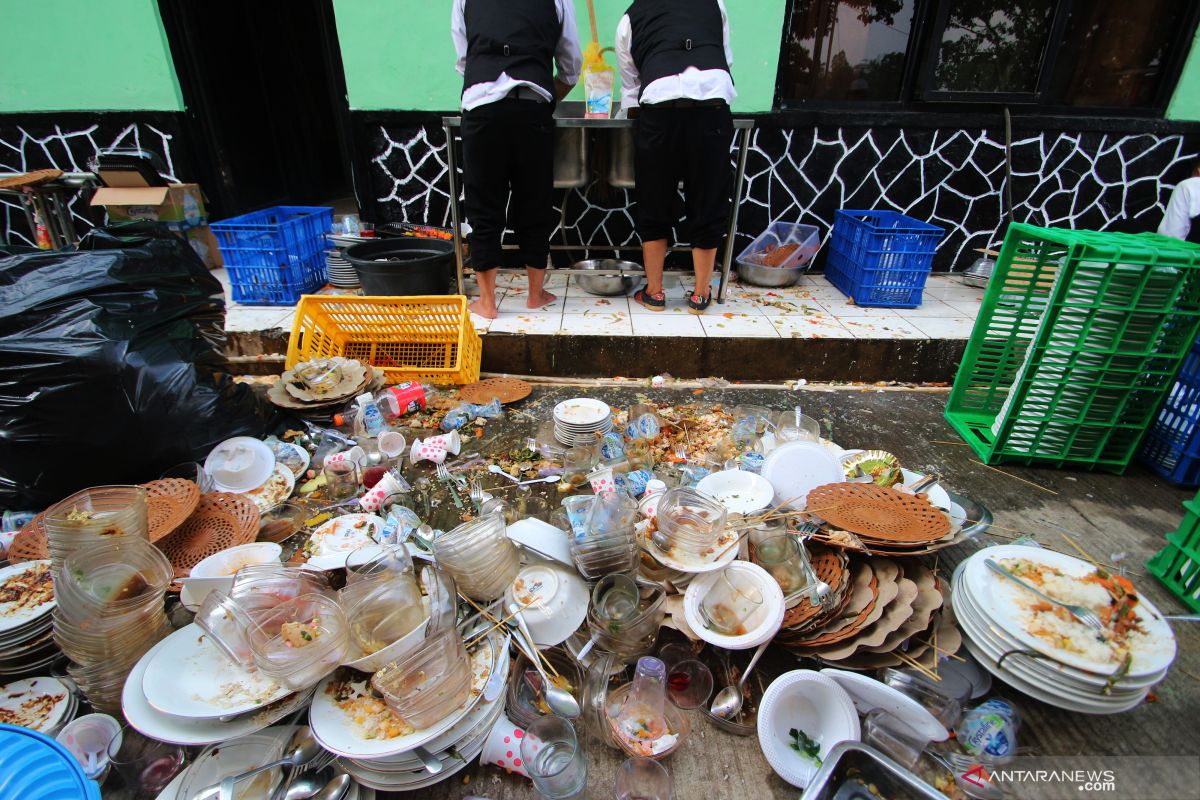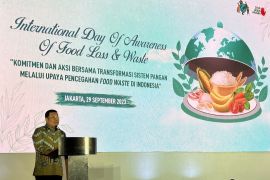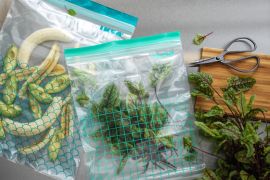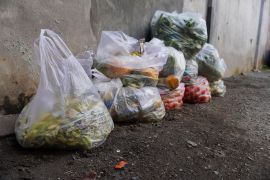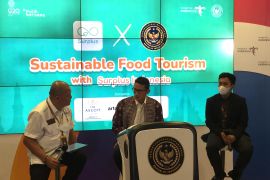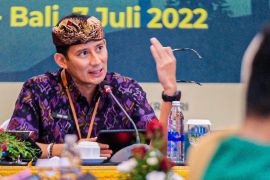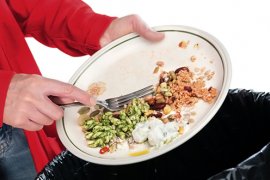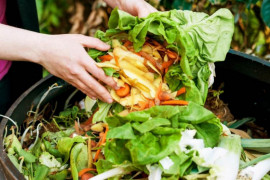Both parties signed an agreement on Tuesday (October 17) at BRIN's office in Jakarta.
"The postharvest technology will help manage the life of food products, from the time of being harvested until being served on tables," said Acting Agriculture Minister Arief Prasetyo Adi in a statement on Wednesday.
He highlighted that some 14 percent of the total global food produced is lost along production and supply processes, and 17 percent of it is wasted after being served.
Adi also noted that Indonesia had been suffering annual economic losses of approximately Rp550 trillion (US$35 billion) due to food loss and waste.
In an effort to boost the efficiency of Indonesia's agricultural results, the Agriculture Ministry and BRIN have signed an agreement on creating innovation in the agriculture sector, both in its upstream and downstream, he remarked.
"We aim to not only create agricultural innovation in the upstream but also in the downstream," he said, adding that BRIN has promised to develop irradiation technology.
"I want to use the technology to extend the shelf life of food products," Adi stated.
According to research conducted by the National Development Planning Agency (Bappenas) in 2021, the combined total amount of food loss and waste during the 2000-2019 period in Indonesia was recorded at 23-48 million tons, resulting in economic losses of up to Rp551 trillion per year.
The food irradiation technology currently being developed by BRIN constitutes one of Indonesia's strategies to reduce the amount of food loss and waste.
Food irradiation is a method of exposing food either to radioactive substances or accelerators to prevent it from being spoiled and damaged while protecting it from pathogenic microorganisms.
Meanwhile, BRIN Head Laksana Tri Handoko explained that his agency is conducting research to develop food irradiation technology, with the end goal of extending the shelf life of food products and minimizing economic losses.
"Our research focuses both on (agricultural) extensification and intensification. We aim to develop postharvest technology that can be used to extend the durability of food after being harvested," he stated.
Irradiation technology will be used to extend the shelf life of 12 food commodities, including chili, shallots, and eggs, he added.
Related news: Indonesia to tackle food loss, waste with Denmark’s help
Related news: Food waste biggest contributor to landfills in Indonesia: Ministry
Translator: Kuntum K, Tegar Nurfitra
Editor: Anton Santoso
Copyright © ANTARA 2023
